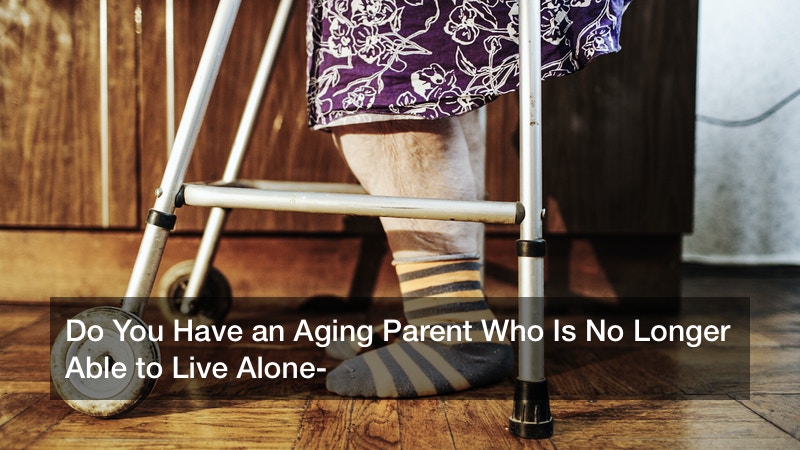
Live-in care, long term hospital stay, retirement home, aging in home.
All of these options have been parts of the roller coaster that you have been riding the last few days. When you think back to the fact that just two weeks ago you were out for lunch with your mother, it is difficult to acknowledge where you are now.
Your mother made the 911 call herself when she realized that the breathing difficulties that she was experiencing was more than the problems she typically experienced with her hiatal hernia. This time, her shortness of breath was different. As soon as the paramedics arrived, her symptoms worsened and by the time she was at the hospital she was no longer able to talk, no longer able to respond, and not really able to breathe on her own. The emergency room team identified a perforated stomach, a condition that was complicated by the hiatal hernia. The local hospital was unable to provide the care that she needed so she was life flighted to the large city medical center just 40 miles away.
Unfortunately, those doctors deemed the surgery to risky and were unwilling to operate. Several phone calls later, your mother was transferred to the third hospital in less than five hours. A surgery team was assembled in tow separate surgeries the doctors had tied off the esophagus, inserted two different stints, and your mom was put on a ventilator. The next 72 hours were frightening, but in the end your mom regained consciousness and was finally able to talk once all of the tubes were removed. She would not be able to eat real food for at least another 12 months, but it a BiPap machine was worn at night, she should be able to get along during the rest of the day.
Conversations about a local rehabilitation center offered promise, but even your mother realized that she would not likely be able to return to her own home alone. As discussions about live-in care progressed, you began to understand just how many questions would need to be answered. From costs of hourly care to meal planning to light housekeeping, your mother wanted to be a part of the discussions that would determine what her next days would be like.
The Need to Hire a Caregiver Is an Important Family Decision
Whether you are looking for daytime sitter services for an aging parent or you are looking for round the clock live-in care, it is important to make sure that you carefully consider all of the possible options. The decision to find a way for aging parents to age at home can seem like a perfect solution in many cases, but the fact of the matter is there are many times when all of the details can be overwhelming. The latest research indicates that more than 65 million people, which represents 29% of the U.S. population, provide care for a chronically ill, disabled, or aged family member or friend during any given year. Of these 29%, they also indicated that they spend an average of 20 hours per week providing care for their loved one.
Not everyone, however, has a family member who can provide the needed care. In fact, only 51% of care recipients live in their own home. Another 29% live with their family caregiver, and 4% live in nursing homes and assisted living settings. And while live-in care may be the goal for many families, there are some very specific details that need to be covered: fall prevention, bathing, housekeeping, cooking, just to name a few.
Whether you are dealing with an 85 year old mother who is recovering from an extensive surgery or you are concerned about the care of a 77 year old father with dementia, it is important to make sure that you are able to work with an advocate who understands all of the available options. When you realize that the care you need is offered through a number of different agencies and in a variety of platforms, it can be even easier to manage. Aging often requires difficult decisions about challenging transitions.
